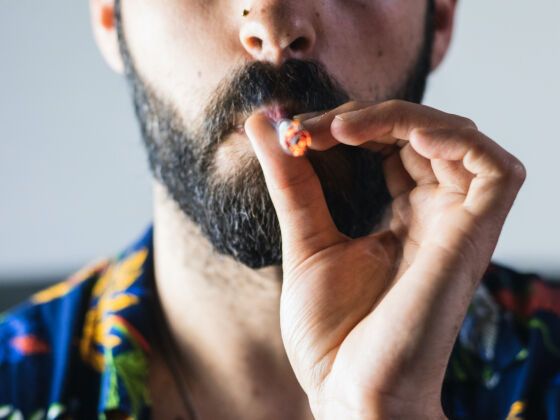In 1971, then-president Richard Nixon declared a U.S. “war on drugs.” Forty-five years later, we have yet to make much progress.
U.S. political parties and individual candidates have varying opinions on what our country needs to do to confront drug abuse. But before deciding who has the best solution to the problem, here are a few facts you should know first:
